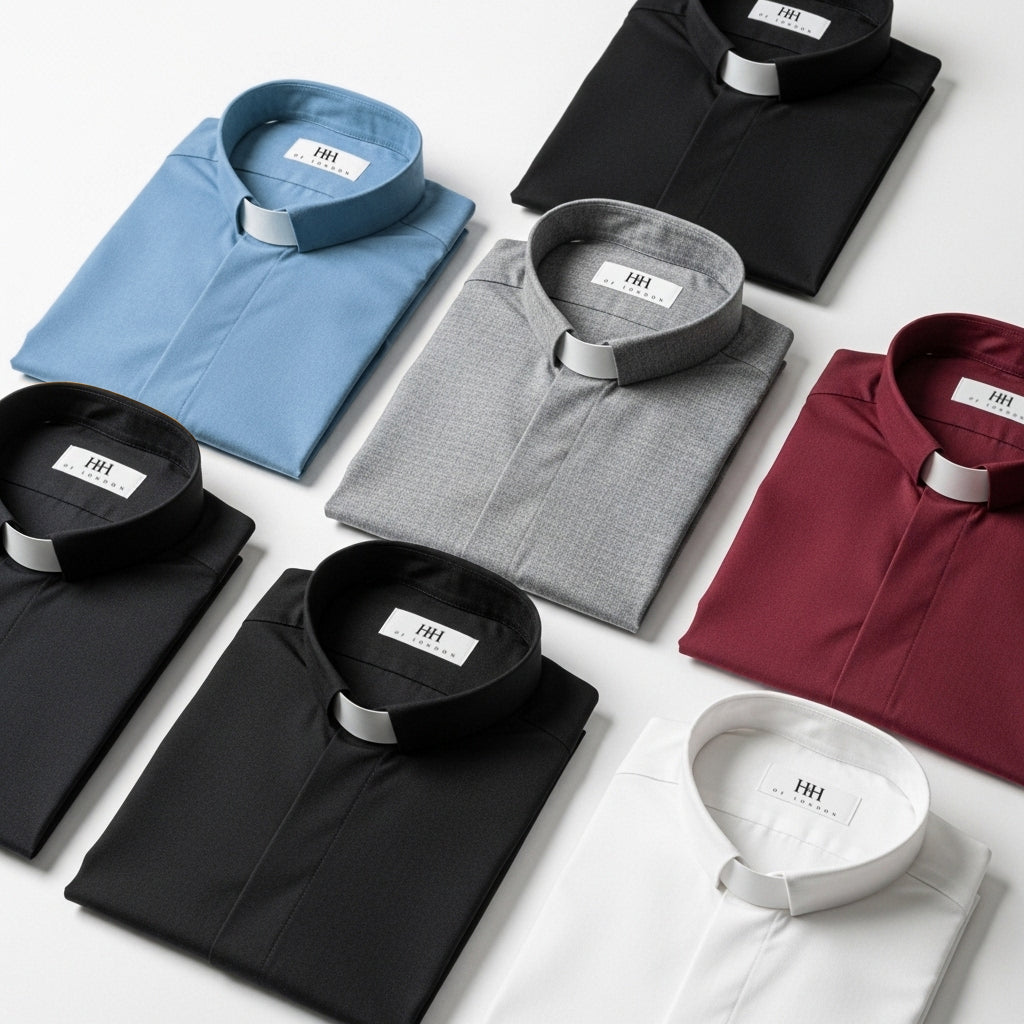Priestly's top 10 fundraising ideas for churches
The art of fundraising
Our church was struggling to make ends meet so it was agreed that the congregation should be asked to raise their giving.
One elderly lady did as asked, proudly announcing to the rest of the congregation that she would be doubling her direct debit amount. What she neglected to mention was that her donation had now risen from 10p to 20p a week!
Often we are embarrassed as clergy to request that our congregation makes a greater financial contribution to the maintenance and running of the church.
After all, you can only ask so many times before your requests start to fall on deaf ears. Therefore today most churches rely on other forms of fundraising such as village fetes and sponsored challenges.
But before you go abseiling down the church tower, there are many factors to consider.
Does your church insurance cover such an activity or do you need to arrange specific cover? Further, if you are to bring in professionals to run the event, will there be any takings left over after paying their fees?
The prime intention of your event is to raise funds but can it also engender fun and fellowship and perhaps even lead to church growth?
How can you raise awareness for the event at little or no cost? Will it be possible to get a mention in the local news or will a piece on your website and social pages suffice?
In my experience, fundraising has always fallen into one of two categories - the regular activities and the one off events.
Most churches have regular coffee mornings, bring and buy sales and fetes. But let us consider just ten alternative fundraising ideas for churches, which you may not have tried before.
1. Sponsored walks
This is a fantastic way to bring the community together and offers the potential to raise a large amount of funds.
Leave plenty of time before the planned walk date to make sure you sign up as many walkers as you can and that each of them are motivated to obtain as many sponsors as possible.
If you've done many of these walks before, why not make it a little different this year by choosing a more unique location such as Morecambe Bay or the White Cliffs of Dover.
Safety is a key consideration, so be sure to avoid roads if possible and ensure marshals are at significant points to account for all who take part.
2. The 24 hour relay
The idea of the relay is to split into teams and have at least one member of your team on the track throughout the 24 hours. Many churches run this event as a competition with a prize for the team that completes the most laps.
Sponsorship is essential for the walkers involved and it may also be possible to obtain a sponsor for the running costs.
Find a suitable site with room to host a track and surround the track with tents for each team. Have a PA system and music to encourage the participants and lights for when darkness falls.
You also need to make sure that there are refreshments and toilets available nearby and that first aiders are present on site.
3. Auction
The success of this event is not just in the value of the items donated, but the generosity of the bidders.
Firstly, you'll need to recruit an auctioneer and obtain some quality items from organisations kind enough to contribute. You may wish to approach local hotels, shops, restaurants, photographers and artists for this purpose.
Try and have a star item for the last bid to build up to and invite as many people as possible (the more generous, the better). Engage them to open their wallets for a specific project rather than the church’s running costs.
4. Special dinner
This should be no ordinary dinner. First, recruit a guest speaker and give your event a fancy, marketable name. Next, sign up a good quality caterer and find a suitable and well decorated venue that can be hired out for the lowest cost possible.
If you can obtain each of these things then you can charge a suitable fee accordingly for each ticket - the same amount your guests would expect to pay at a good restaurant.
5. Race nights
This event offers all of the excitement of attending a race day, but with the added benefit that nobody loses money.
There are many organisations that run these events for you, some of whom bring a video projector of previous run horse races and pretend money.
The idea is that the three people with the most pretend money at the end of the night win a prize.
Make sure you charge a sufficient entry fee to cover the costs of both the organisers and prizes and still turn a worthwhile profit.
6. Sponsored hair cut
Ideally the person involved should be well known, have plenty of connections and most crucially they will need a head full of hair and preferably a beard too.
Arrange for a local hairstylist to cut the locks and approach the local press with the story, along with submitting sponsor forms around the community.
A before and after photograph and an appreciation of sponsors in a follow up press release is also a nice touch.
7. Bungee Jump, Abseiling, Kayaking and Assault Courses etc.
The more extreme and unique the challenge and the more unlikely the participant, the more publicity you will be able to get prior to the event.
Recruiting your bishop to bungee jump off a bridge may be a challenge in itself but watching a senior figure at your church perform such a feat would command a large amount of interest.
Along with this leading figure, you should recruit as many others as possible to join in and submit sponsorship forms to all of their personal and professional contacts.
Needless to say, you should never attempt any physical activities with associated risk without a professional sports advisor present. It is essential that he or she sets up the equipment and ensures safety for each participant throughout and that you also have the relevant insurance in place.
8. Craft fair
Organising craft events requires a lot of time and you may need to plan over the course of 6-12 months.
Who should be asked to exhibit? Whilst church members can sell their crafts at the event, you may also consider approaching the local craft association.
A good mix will be needed of quality crafts and demonstrations, with the number of participants chosen to fit the size of premises.
You should charge a tangible agreed rate for each exhibitor's table. That way you will know exactly how much you will take.
Perhaps you could also hold other activities alongside the crafts. That way, you can keep people at the event for longer and raise more money.
Bags of PR will be required for weeks prior to the fair in order to achieve the necessary footfall and for it to raise significant monies for the church.
9. The 100 Club
This is a type of lottery with 100 members taking part, each of whom pay a fixed amount per month with a prize for the winning draws.
For example, you could charge each entrant £5 a month for their number. Should their number be pulled out of the hat, they will win £250. The other £250 per month goes to the church.
This system is simple to operate once set up with standing orders and will raise additional regular income. The hard part is recruiting 100 members. You may permit members to buy an additional number, in order to fill the club.
You should consult the gambling commission website to ensure compliance before introducing a scheme such as this.
10. Friends of the church
Around half of the UK population attend church at least once a year for occasional offices and for festivals, yet only 7% of them are regular church goers.
Whilst the majority of the population are therefore unlikely to contribute significantly to church funds, there is undoubtedly a connection there. Many families have links to the church through their parents, Sunday school and even family graves.
Despite not attending regularly, they want the church to be there for marriage, baptism and funeral services and are therefore very much part of the church community.
The question is, are these occasional visitors to the church willing to contribute more regularly? A "scheme of friends" is essentially the harnessing of a regular contribution from those that fall into this category.
By explaining to each regular visitor how their church is available to them and what their gift will be used for, you may be surprised how many friends of the church are willing to go beyond a plate donation.
The Reverend Priestly Brook, an Anglican priest, retired in August 2012 from the Colne and Villages Team Ministry in East Lancashire. His Bishop has granted him a licence with ‘Permission to Officiate’. He is married to Christine, with six grown up children. He is a well known preacher and after dinner speaker in the North of England.







